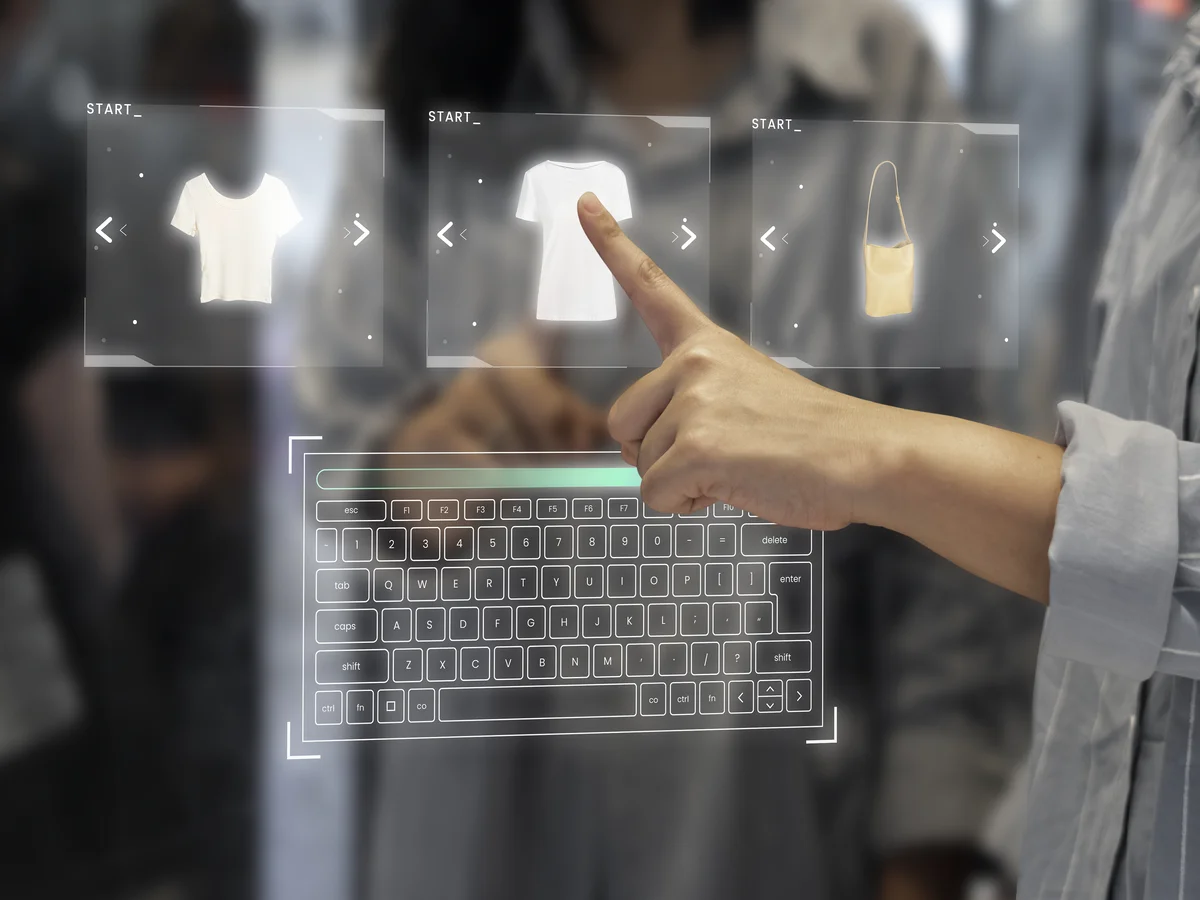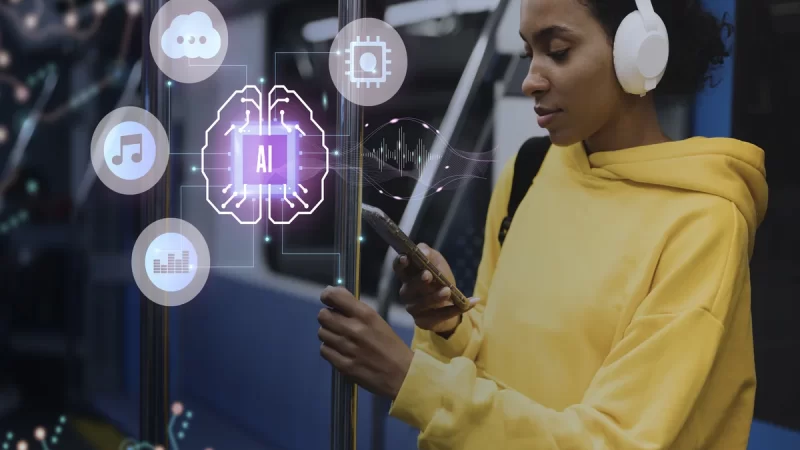Microsoft’s AI Transforms Retail Shopping Into a Futuristic Journey: What You Need To Know

Revolutionizing Retail with Microsoft’s AI
In recent years, the retail industry has witnessed a significant transformation, driven by technological advancements. Among the forefront leaders in this revolution is Microsoft, employing Artificial Intelligence (AI) to redefine the shopping experience. The result is a futuristic journey for consumers, offering a seamless blend of convenience and innovation.
AI-Powered Personalization
Microsoft’s AI is at the heart of a personalized shopping experience, where the boundaries between online and offline retail blur. The system utilizes machine learning algorithms to analyze customer preferences, purchase history, and even real-time behavior within the store. This data enables retailers to tailor recommendations and promotions in real-time, creating a bespoke shopping experience for each customer.
Smart Inventory Management
One of the key challenges in retail has always been managing inventory efficiently. Microsoft’s AI steps in to revolutionize this aspect by predicting demand patterns, optimizing restocking processes, and minimizing overstock situations. This not only ensures that customers find the products they desire but also allows retailers to streamline their operations, reducing costs and waste.
Seamless Checkout Experiences
Long queues at the checkout counter are now a thing of the past. Microsoft’s AI facilitates a seamless and frictionless checkout experience. From automated checkout kiosks to cashier-less stores, the technology enables customers to complete their purchases effortlessly. Facial recognition and biometric authentication further enhance security and efficiency in these futuristic retail spaces.
Augmented Reality for Enhanced Shopping
Imagine trying on clothes or testing furniture placement without physically touching anything. Microsoft’s AI leverages augmented reality (AR) to provide customers with a virtual try-before-you-buy experience. This not only enhances the overall shopping journey but also reduces the need for physical inventory on display, creating a more spacious and visually appealing store layout.
Predictive Analytics for Dynamic Pricing
Dynamic pricing has become a crucial strategy in the retail landscape, and Microsoft’s AI takes it to the next level. By analyzing various factors, including market trends, competitor pricing, and customer behavior, the system dynamically adjusts prices to maximize sales and profitability. This not only benefits retailers but also ensures that customers receive fair and competitive pricing.
Enhanced Customer Service with Chatbots
Customer service is a cornerstone of the retail experience, and Microsoft’s AI-driven chatbots are transforming how customers interact with brands. These intelligent virtual assistants provide instant support, answering queries, offering product recommendations, and even resolving issues. The result is a more efficient and responsive customer service experience, contributing to overall customer satisfaction.
The Future of Retail is Here
In conclusion, Microsoft’s AI is shaping the future of retail by seamlessly integrating technology into every aspect of the shopping journey. From personalized recommendations to smart inventory management, seamless checkout experiences, augmented reality, predictive analytics, and enhanced customer service, the impact is profound. The retail landscape is evolving into a futuristic and customer-centric space, where AI plays a pivotal role in creating a truly immersive and tailored experience for shoppers. As businesses continue to adopt these innovations, the lines between online and offline retail will continue to blur, ushering in a new era of convenience and sophistication in the world of shopping.
FAQs:
Microsoft’s AI leverages machine learning algorithms to analyze customer preferences, purchase history, and real-time behavior within the store. This data is then used to tailor recommendations and promotions in real-time, providing a personalized shopping experience for each customer.
Microsoft’s AI predicts demand patterns, optimizes restocking processes, and minimizes overstock situations. By analyzing various factors, the technology ensures that retailers can efficiently manage their inventory, reducing costs and waste.
Microsoft’s AI facilitates a seamless and frictionless checkout experience through automated checkout kiosks, cashier-less stores, and technologies like facial recognition and biometric authentication, enhancing both efficiency and security.
Microsoft’s AI uses augmented reality to offer customers a virtual try-before-you-buy experience. This technology allows customers to try on clothes or test furniture placement without physically interacting with the products, creating a more immersive shopping experience.
Microsoft’s AI utilizes predictive analytics to dynamically adjust prices based on factors such as market trends, competitor pricing, and customer behavior. This ensures that prices are optimized to maximize sales and profitability in real-time.







